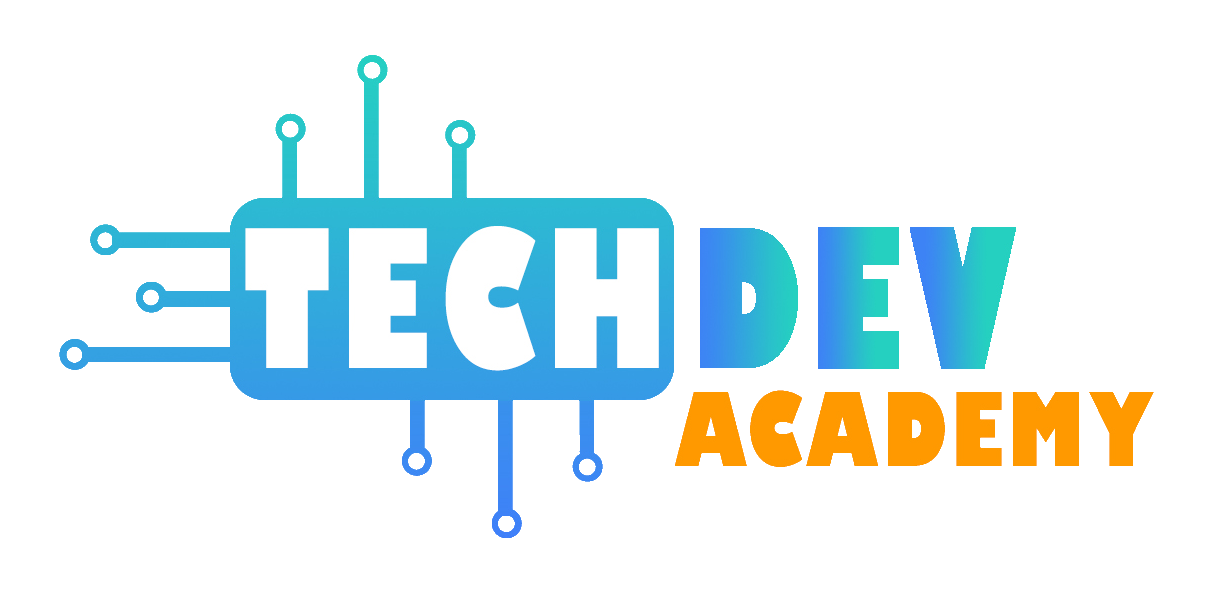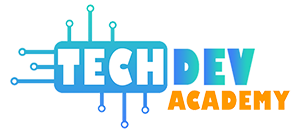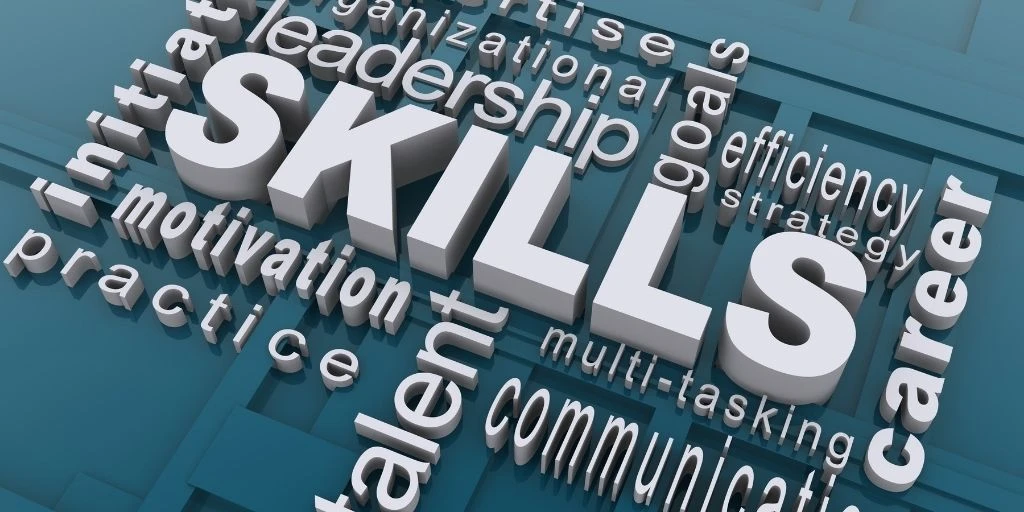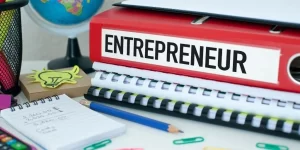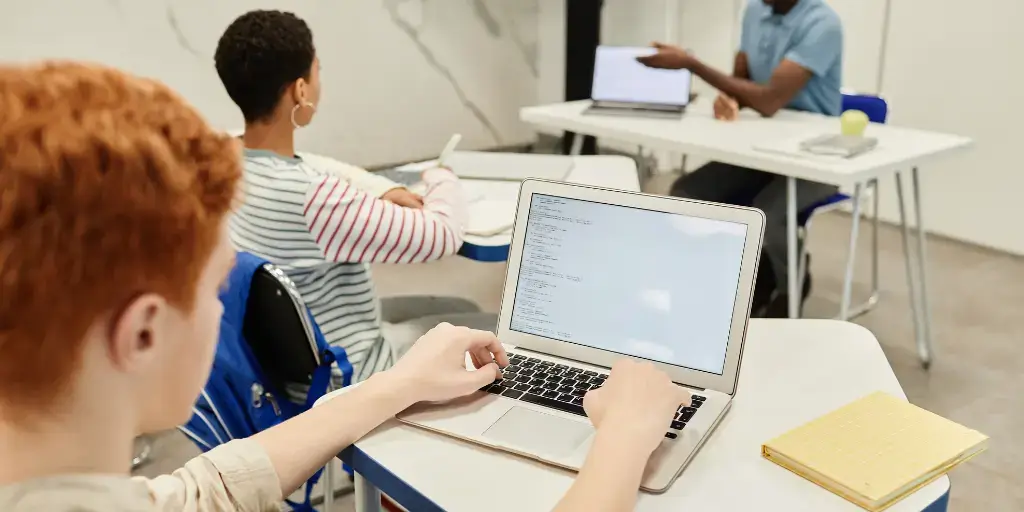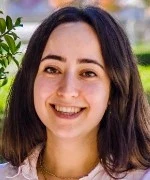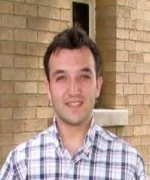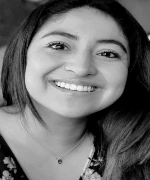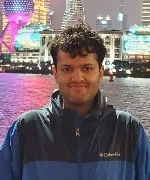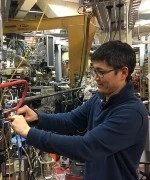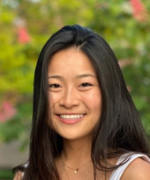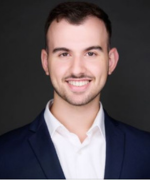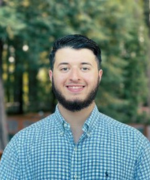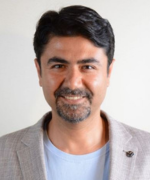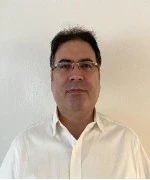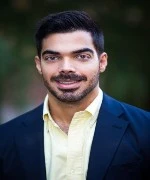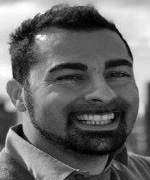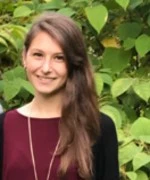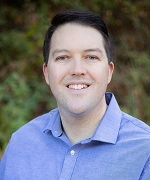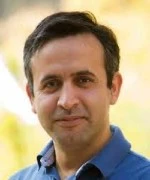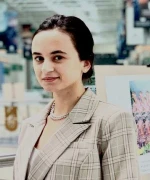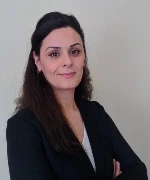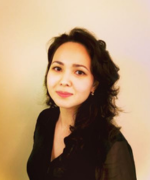21st Century Skills for Students
Transformations in the present job market have made it essential for individuals to obtain a diverse mix of skills. Now, job seekers need to have different traits and abilities than in the past to sustain in this quickly changing and developing time. So, the question is: how do we empower our kids with these skills? The answer is by helping them master 21st-century skills.
In this post, we are going to see what exactly 21st-century skills are and why we, the parents, must help the kids to obtain them.
Understanding 21st-century skills
Simply put, 21st-century skills stand for a diverse set of core competencies that help today’s learners thrive in the changing job market, as well as, prepare them for the upcoming future. The focus on rote learning and memorization, both of which were mainstream ideas in the past, isn’t going to prepare today’s students for a tech-savvy, increasingly automated world. Today, the global economy depends heavily on innovation, creativity, and collaboration. This shift in demand for skills has understandably triggered a genuine problem in skill supply. And that’s exactly where the importance of 21st-century skills comes into the picture.
Though it remains an open question about how educational institutions should respond to the demand for 21st-century skills, these essentially include 4 Cs along with other life skills. Let’s start with the 4 Cs.
The 4 Cs
- Creativity: Things may have worked the best ten years ago in a certain method, which may not work at all today. By learning creativity, students can develop a new structure or pattern in accordance with today’s changed requirements. In short, they become able to see existing concepts from a different viewpoint that leads to innovation.
- Critical thinking: In many occupations, workers have to utilize critical thinking skills to come up with improved and innovative solutions. It is one of the key skills that help them solve complex problems. With the advancements in society, the complexity of problems will also increase. By being able to think critically, students will be able to resolve real-world problems more effectively.
- Collaboration: In this Information age, it has become imperative for students to be able to seamlessly collaborate in both physical and digital spaces. The workforces of the present day and the future are steadily getting collaborative in nature, thanks to the increasingly connected world. Today, the business partners of a company need to be able to communicate and collaborate instantly and this requirement will only grow in the future. By learning how to collaborate with others effectively, future workers will be able to achieve better results for their companies.
- Communication: For any organization, effective communication is one of the most important skills to maintain profitability. The availability of multiple communication formats has made it even more important for students to have the ability to communicate using different formats, not only speech or text. Whether texting, talking face-to-face or using any other format to communicate, students need to be able to define their beliefs and values effectively. In a business setting, unclear communication often leads to poor results which ultimately impact the bottom-line of the company negatively.
Other Critical Skills
In addition to the four Cs, 21st-century skills encompass some other crucial skills as well. Let’s take a look at them.
- Analytical thinking: Analytical thinking helps students learn how to view information and data from multiple angles and in distinct dimensions. They master skills such as classification and organization, conceptualization, among others. All these skills ultimately help them handle different problems effectively on both professional and personal front.
- Literacy skills: Literacy skills encompass different yet interconnected skills namely information literacy, media literacy, science, and technology literacy. Information literacy is a skill that helps students understand true online facts without falling prey to misconceptions and myths. Media literacy helps students to identify proper and authentic sources of information in this information-saturated world. In today’s age when different types of advanced gadgets have become almost omnipresent, it has become important for students to have a basic understanding of what these devices do and how. Science literacy includes understanding the nature of modern science and the ability to use scientific information and processes to solve real-life problems. With the help of technology literacy, students can choose appropriate technological tools to meet their needs and use them safely and effectively.
- Character qualities: These include various skills such as adaptability, initiative, curiosity, persistence, leadership, and global awareness. To become a Global Digital Citizen, students need to learn how to practice different personal, online, and global responsibilities to create a better world. Additionally, these qualities help students develop greater resilience and achieve success while working in a rapidly changing business environment.
The inception of 21st-century skills
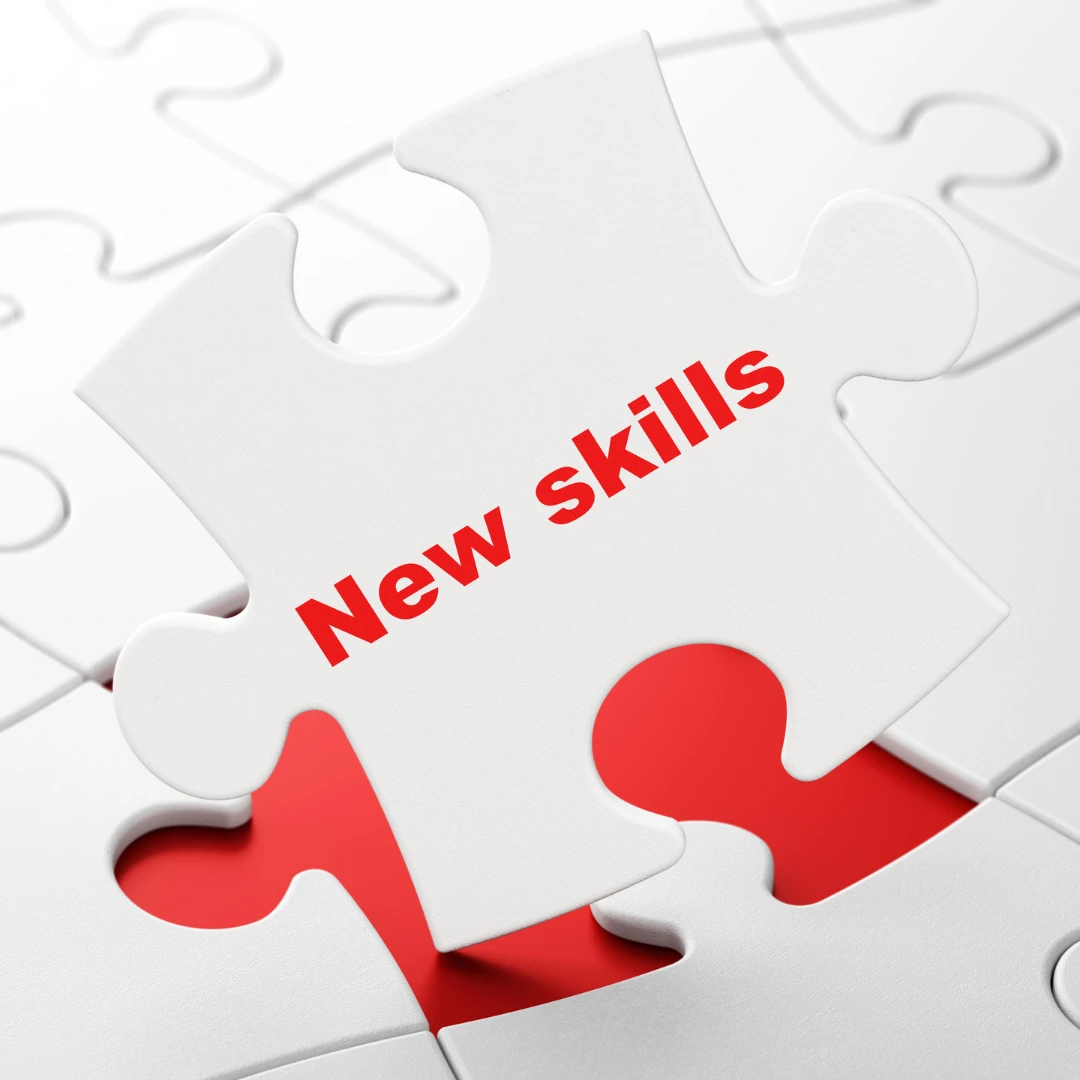

In summary, 21st-century skills play extremely important roles in making students capable of coping with a constantly shifting world. As a parent, your focus on these skills shouldn’t be limited to your kids’ school’s mission statement. Instead, it needs to be expanded to various applications. If it seems to be an uphill task, you can start by introducing the kids to some EdTech tools to make the entire process more interesting and engaging.
